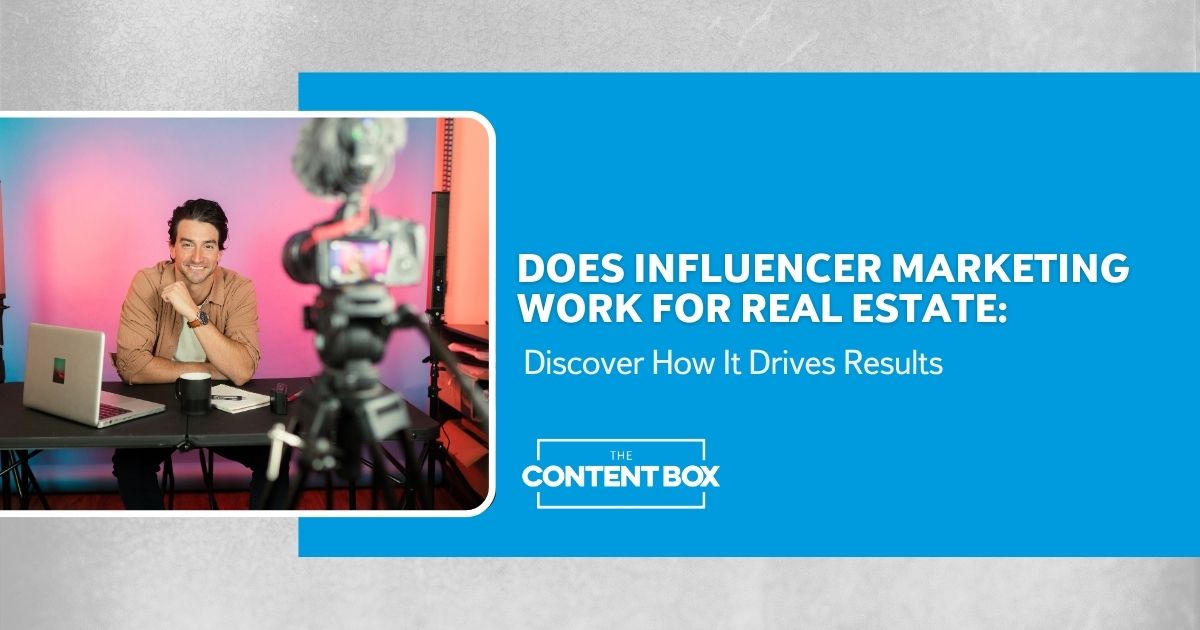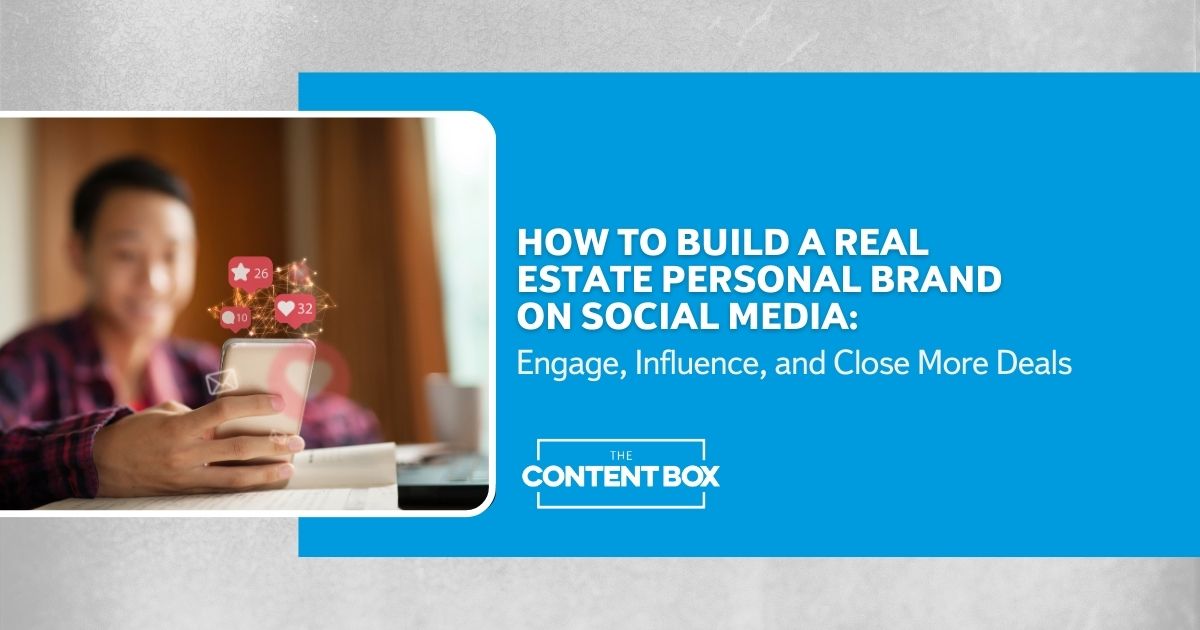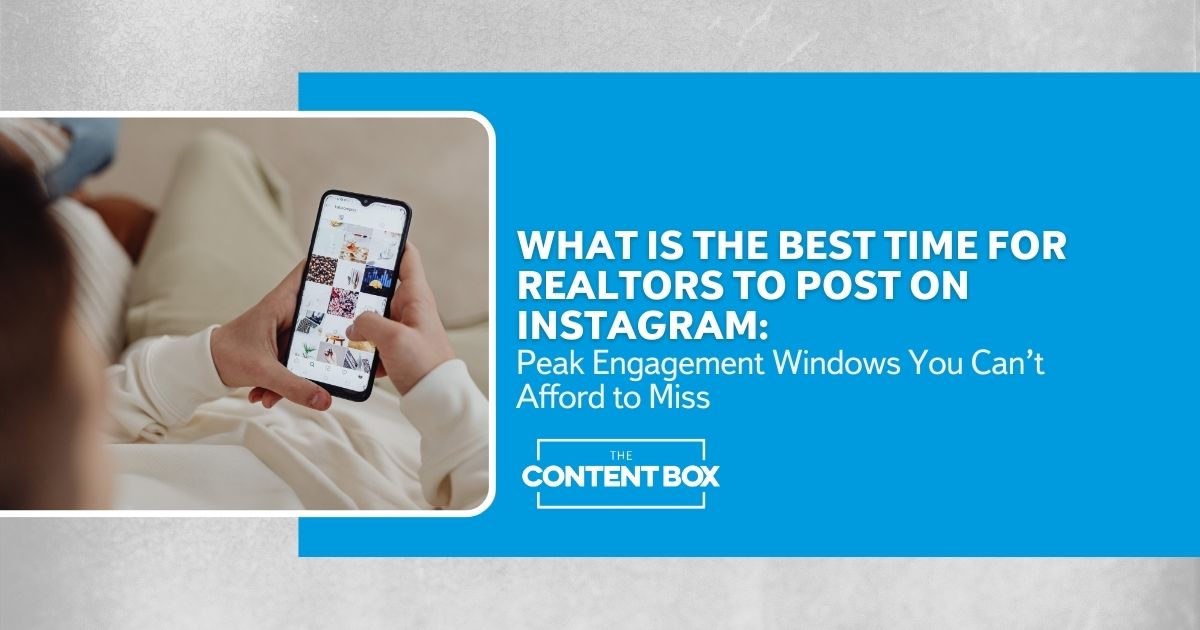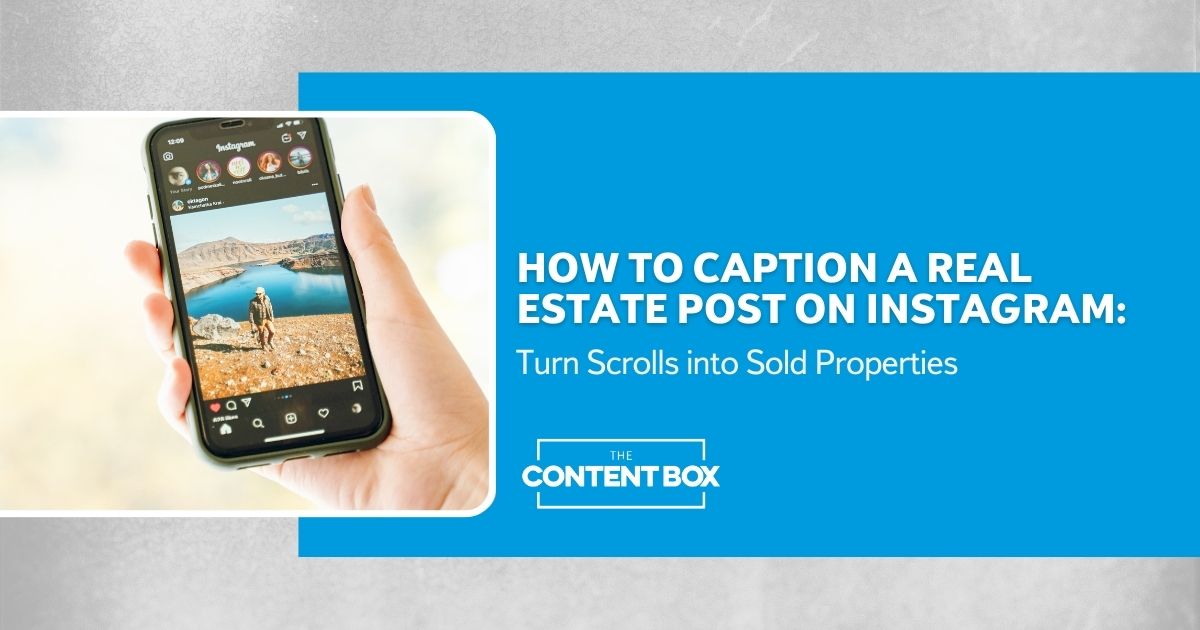Grow Your Real Estate Brand and Generate Leads Through Influencer Marketing
The real estate market is evolving, and social media is transforming sales. But does influencer marketing work for real estate? TikTok’s algorithm drives property tours to viral levels, with luxury home hashtags surpassing 3 billion views. Some agents gain hundreds of thousands of followers, and their posts generate hundreds of inquiries in hours.
Today, a single Instagram Reel or TikTok tour can sell a multi-million-dollar property faster than a month of open houses.
In this article, we will delve into:
- How real estate influencers boost property sales and ROI
- Ways to find real estate influencers
- Costly influencer mistakes

Real Estate Influencer Marketing: Proven Results & ROI Analysis
The data speaks clearly: influencer marketing has become a game-changing strategy in the real estate industry. Property listings promoted by influencers generate up to three times more inquiries than traditional marketing methods alone.
Effectiveness Backed by Data
Influencer marketing has proven to be a high-performing strategy across industries, including real estate. Studies reveal its strong return on investment (ROI) and widespread effectiveness in driving engagement and conversions:
- Return on Investment (ROI): A study by Influencer Marketing Hub found that businesses earn an average of $5.78 for every $1 spent on influencer marketing, indicating its cost-effectiveness across various industries.
- Influencer Marketing Effectiveness: According to Influencer Marketing Hub’s State of Influencer Marketing report, 84.8% of brands found influencer marketing to be effective.
Key Performance Indicators in Modern Real Estate
The success of real estate digital marketing strategies can be measured through verified industry data and key performance indicators. Here’s what the research reveals:
Lead Generation Performance:
- Video Listings: Property listings that incorporate video content receive 403% more inquiries compared to those without videos.
- Social Media Usage: A significant number of U.S. realtors utilize Facebook for lead generation, indicating the platform’s importance in reaching potential buyers.
Social Proof Impact:
- Consumer Preferences: Homeowners are more inclined to list with realtors who use video marketing, underscoring the value of multimedia content in building trust and engagement.
- Influencer Marketing Growth: The influencer marketing industry was projected to reach $16 billion in 2022, reflecting its expanding role across various sectors, including real estate.

Proven Benefits of Influencer Marketing for Real Estate
Real estate digital influencer outreach delivers unique advantages that particularly benefit the property sector:
- Authentic Storytelling: Influencers showcase properties in ways that resonate emotionally with their audience. This goes beyond just highlighting features to emphasizing lifestyle aspirations. For instance, a luxury influencer could share a video sipping coffee on the balcony of a high-rise condo, subtly promoting the “luxury living” experience.
- Broader Reach with Local Focus: Real estate businesses often rely on local markets. Partnering with hyper-local influencers helps target potential buyers or renters in specific neighborhoods.
- Cost-Effective Branding: Compared to traditional methods like TV ads, influencer campaigns are more affordable yet highly effective, making them a smart investment for small and large real estate firms alike.
- Faster Lead Generation: Influencers with engaged audiences can create immediate buzz around open houses, property launches, or special offers.
- Enhanced Social Proof: A trusted influencer vouching for your property builds credibility, especially for skeptical buyers in competitive markets.
Influencer-led property promotions are not only effective but also transforming the industry. With proper implementation and strategic partnerships, businesses can expect to see significant improvements in visibility, lead quality, and closing rates.

How to Find and Vet Real Estate Influencers for Maximum Impact
Collaborating with the right influencers and pairing them with a real estate social media content creator can elevate your real estate marketing, ensuring visually impactful campaigns and budget efficiency.
The key is to take a structured approach to finding and vetting influencers who align with your goals. Here’s how to do it right.
Understand the Types of Real Estate Influencers
Not all influencers are the same, and their unique niches determine their value to your real estate campaigns. Here are the primary types of influencers you should consider:
- Real Estate Agents as Influencers: Agents with active social media presence often double as influencers. They have the industry expertise and audience trust to effectively promote properties.
Example: Ryan Serhant, a top agent and influencer, combines his real estate knowledge with engaging digital content. - Lifestyle Influencers: These creators focus on aspirational living, design, and home aesthetics. They excel at showcasing properties in ways that resonate emotionally with potential buyers.
Example: A lifestyle blogger posts images of the perfect family home, including spacious kitchens and cozy living rooms. - Local Celebrities or Community Influencers: These are individuals with a strong following in a specific area. They’re perfect for hyper-local marketing campaigns targeting buyers or renters within a specific neighborhood or city.
Pro Tip: Choose influencers based on the audience they attract, not just their persona. Their followers should align with your target demographic.
Watch for Red Flags
While many influencers deliver exceptional results, it’s essential to identify potential risks before partnering. Be cautious of these red flags:
- Inflated Follower Counts: Sudden spikes in followers could indicate purchased bots rather than genuine engagement.
- Low Engagement Rates: An influencer with thousands of followers but minimal likes and comments is likely not connecting with their audience.
- Irrelevant Content: If their past collaborations or content are unrelated to real estate, their audience may not find your property promotions engaging.
- Unprofessional Behavior: Look for influencers who conduct themselves professionally both online and offline. Negative behavior or controversies can reflect poorly on your brand.
Tip: A simple review of their comments section can reveal whether they have meaningful audience interactions or are plagued by fake followers.

Verify Authenticity
Authenticity is the cornerstone of influencer marketing, especially in real estate. Buyers and renters make significant financial commitments, so they rely on influencers they trust. Here’s how to ensure authenticity:
- Check Their Content History: Analyze their past posts to ensure consistency in quality and tone. Authentic influencers often create organic content that reflects their personality.
- Request Audience Insights: Ask for metrics such as follower demographics, locations, and engagement stats. Tools like HypeAuditor or Social Blade can also help verify their data.
- Engagement Quality: Look for genuine, thoughtful comments rather than generic responses like “Nice!” or “Cool!” A highly engaged community signals authenticity.
Set Realistic Engagement Benchmarks for Real Estate
Engagement rates vary by industry, and real estate is no exception. Here’s what you should aim for:
- Nano-Influencers (<10K followers): Engagement rates of 5%–8% are typical. These influencers are great for hyper-local targeting.
- Micro-Influencers (10K–100K followers): Expect engagement rates of 3%–5%. They offer a balance between reach and community connection.
- Macro-Influencers (>100K followers): Engagement rates often range from 1%–3%. Their broad reach is ideal for promoting luxury or high-value properties.
Pro Tip: Engagement rates should always align with the number of followers—more followers often mean lower engagement, and vice versa.
The best real estate influencers combine authentic engagement with professional knowledge. Focus on finding partners who can effectively showcase properties while maintaining credibility with their audience.

4 Critical Mistakes That Kill Real Estate Influencer Campaigns (+ Expert Solutions)
Don’t let these common pitfalls derail your real estate influencer marketing success. Here’s your roadmap to avoiding costly mistakes and implementing winning strategies instead.
1. Choosing Influencers Based Solely on Follower Count
Many marketers mistakenly equate a high follower count with effectiveness. However, a large following doesn’t guarantee engagement, trust, or conversions. Some influencers may even have fake or inactive followers, reducing your campaign’s impact.
Solution: Focus on engagement rates, audience relevance, and authenticity over sheer numbers.
- Use tools like HypeAuditor or Social Blade to analyze influencer performance metrics.
- Prioritize influencers whose audience aligns with your target market, even if they have fewer followers.
Pro Tip: Nano- and micro-influencers often have more engaged, localized audiences, making them ideal for real estate campaigns targeting specific neighborhoods or cities.
2. Launching Campaigns Without Clear Objectives
Jumping into influencer collaborations without defining specific goals leads to disorganized campaigns and poor results. If you don’t know what you want to achieve, how can you measure success?
Solution: Define clear, measurable objectives before reaching out to influencers. Examples include:
- Increasing website traffic by 30% within three months.
- Generating 50 qualified leads for a property listing.
- Boosting engagement on social media by 15%.
Pro Tip: Establish KPIs (Key Performance Indicators) tied to your goals, such as impressions, click-through rates, or lead conversions.

3. Ignoring the Importance of Contracts
Informal agreements can lead to misunderstandings about deliverables, timelines, or payment terms. Without a contract, you’re leaving your campaign open to miscommunication and potential disputes.
Solution: Always create a formal contract that outlines:
- Deliverables (e.g., number of posts, type of content).
- Posting schedules and deadlines.
- Compensation terms (fixed payment, commission, or perks).
- Usage rights for content.
Pro Tip: Include a clause requiring influencers to disclose sponsored content, ensuring compliance with advertising regulations.
4. Overlooking Content Quality and Creativity
Giving influencers free rein without guidance can result in content that doesn’t align with your brand or fails to showcase the property effectively. Poor-quality or irrelevant content can damage your reputation.
Solution: Collaborate with influencers to create high-quality, engaging content that resonates with your audience.
- Share brand guidelines, including tone, style, and visual preferences.
- Encourage creative freedom but request pre-approval of content before it’s published.
Pro Tip: Suggest innovative ideas, such as live virtual property tours, behind-the-scenes videos, or Q&A sessions about the property.

Transform Your Real Estate Strategy with Influencer Insights
Influencer marketing is no longer optional in today’s competitive real estate market—it’s a proven, game-changing strategy.
By collaborating with the right influencers, you can boost visibility, engage target audiences, and close deals faster than ever. From data-backed insights to real-world success stories, the potential is clear.
Ready to take your marketing to the next level? Explore our tailored real estate social media marketing packages to drive results that matter.



